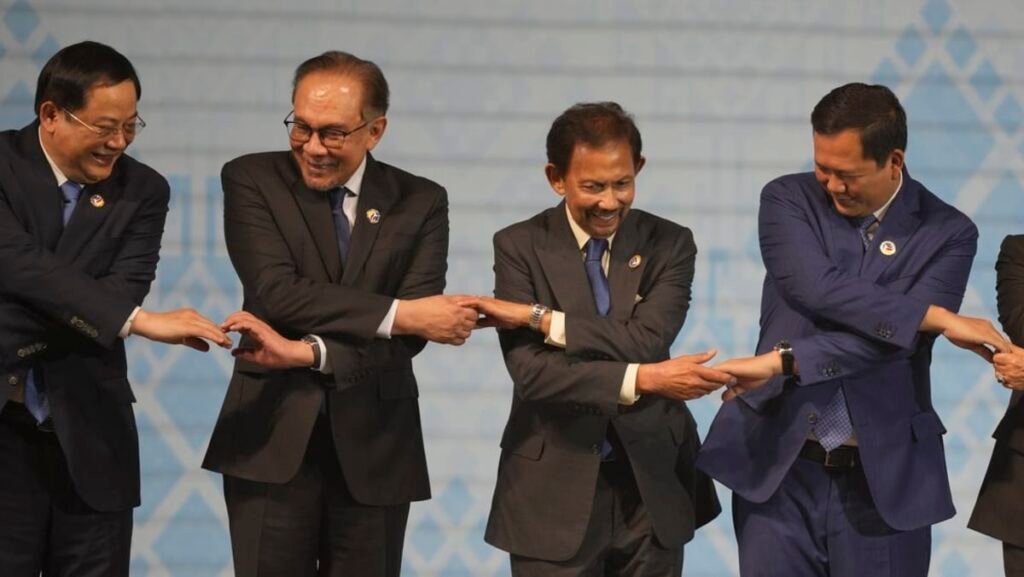During a recent trip to China, Sultan Ibrahim of Malaysia praised China’s stance on Israel in the current war in Gaza, aligning Malaysia with China on the issue of peace in Palestine. However, China’s claims almost the entire South China Sea, leading to overlapping claims with several ASEAN members including Malaysia, the Philippines, Brunei, and Vietnam. Joshua Kurlantzick, a senior fellow for Southeast Asia at the Council on Foreign Relations, highlighted the need for Malaysia to balance pursuing stronger ties with China while defending its and ASEAN members’ sovereign rights in the South China Sea.
As the current country coordinator for ASEAN-China relations and a claimant state in the South China Sea disputes, Malaysia has a significant stake in advancing the Code of Conduct negotiations. The Code of Conduct aims to provide a rules-based approach to addressing maritime disputes in the region and is targeted for finalization by 2026. Malaysia is expected to prioritize pushing these talks forward, emphasizing ASEAN’s collective interest in resolving disputes through peaceful means. However, there may be challenges in maintaining the trust of other claimant states, particularly the Philippines and Vietnam, if Malaysia is perceived as leaning too closely towards China.
In light of the crisis in Myanmar, Anwar Ibrahim, a prominent politician in Malaysia, has called for ASEAN member states to unite in addressing the situation. The military took power in Myanmar in 2021, leading to clashes with pro-democracy guerrillas and ethnic minority armed forces. Despite agreeing to a “five-point consensus” plan to restore peace, the junta has carried out a violent crackdown on dissent and opposition to its rule. Malaysia, known for its vocal stance on human rights issues, is expected to advocate for stronger actions by ASEAN in response to the crisis in Myanmar.
Lin of the ISEAS–Yusof Ishak Institute noted that Malaysia’s historical outspokenness on human rights issues, such as the 2017 Rohingya repression, sets it apart from some of its more reserved ASEAN counterparts. Malaysia is likely to push for stronger actions within ASEAN to address the crisis in Myanmar, emphasizing the importance of defending human rights and democracy in the region. Despite the current chair Laos taking a more reserved approach, Malaysia’s vocal stance may encourage a more robust response from ASEAN to the situation in Myanmar.
In the complex geopolitical landscape of Southeast Asia, Malaysia faces the challenge of maintaining a delicate balance between strengthening ties with China and advocating for the interests of ASEAN member states in the South China Sea and other regional issues. Malaysia’s role as a claimant state in the South China Sea disputes and its leadership position in ASEAN-China relations require it to navigate diverse interests and priorities. The country’s approach to these challenges will impact its relationships with key regional players, including China, the Philippines, and Vietnam, as well as its credibility within ASEAN. By prioritizing multilateral cooperation and a rules-based approach to conflict resolution, Malaysia can contribute to regional stability and security while advancing its national interests.











